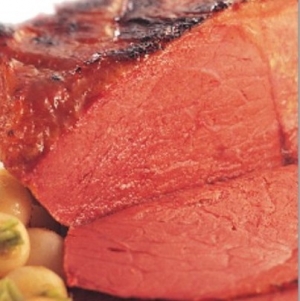Rabobank has welcomed the red meat sector collaboration between industry and government to enhance the long-term profitability of New Zealand's beef and lamb industries.
Rabobank New Zealand chief executive Ben Russell says the bank is pleased to confirm its support as a participant in the proposed programme. Rabobank notes it is still reliant on a vote by farmers on Beef and Lamb New Zealand's contribution.
The New Zealand Red Meat Sector Primary Growth Partnership (PGP) Collaboration for Sustainable Growth Program for the beef and lamb industries is a commitment by government, Beef and Lamb New Zealand and a range of industry participants in the long-term enhancement of sector profitability and sustainability.
The $65 million sector development programme, which is being co-funded by the New Zealand Government, will run for seven years.
"Rabobank is very pleased to play its part in this very important initiative for New Zealand agriculture," Russell says.
"The meat sector will only grow in the long term if farmers are profitable and competitive in the tough environment of the global animal protein sector. While good seasons and high prices are obviously important, so too is the adoption of new technology and the continued development of skills and capability across the industry."
Russell says Rabobank's support of the planned Red Meat PGP Collaboration aligned well with the bank's food and agribusiness focus and its cooperative and sustainable values.
"The programme will complement other Rabobank initiatives designed to develop and promote excellence in the agricultural sector. These include our Food & Agribusiness Research and Advisory unit, as well as the bank's Executive Development Program and Farm Management Program educational courses for farmers and our succession planning services," he says
Russell says it is pleasing to see collaboration between government, industry bodies and individual commercial enterprises in the long-term competitiveness of New Zealand's red meat sector.
"Farmer involvement throughout the development and implementation of the program will be important to its long-term success," he says.



















